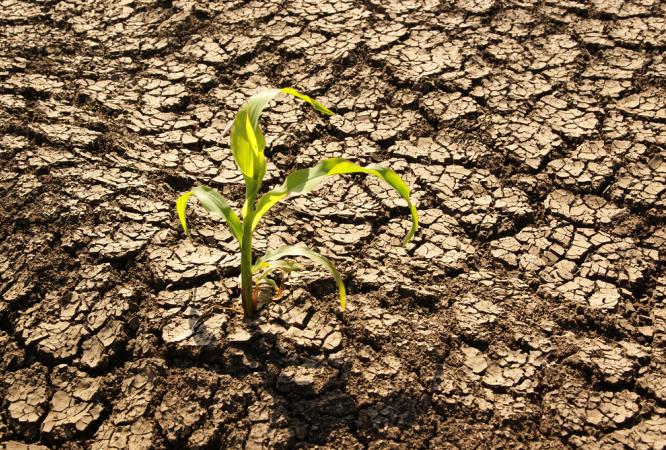The discovery of wild wheat by Aaron Aaronsohn in the north of Israel in 1906 caused a sensation in the botanical world. Aaronsohn thought that he had found the "mother" of all kinds of wheat, but triticum dicocoides, which he discovered growing wild, is probably the original strain that yielded Emmer wheat.
Following this discovery, Aharon Aaronson, which became worldwide famous, established the first agricultural research farm in Israel in 1910, when the land of Israel was ruled by the Ottoman Empire. The farm operated until 1917, when it was destroyed by the Turkish government during the war with Great Britain for control of the territory of Palestine.
Wheat is a staple crop on which global food security depends, and increasing its productivity and nutritional value is critical for the food security of the growing human population. Since the discovery of Aaron Aaronson, wild emmer has been used in breeding programs around the world, enabling the improvement of the nutritional quality of wheat grain, tolerance to diseases, and water-limiting conditions.
In 2014, Haifa initiated the project of reviving the Aaronson farm, linking the pioneering spirit of Aaron Aaronsohn with Haifa values. Besides the restoration of the original buildings, Haifa established advanced research facilities, including a well-equipped greenhouse and outdoor plantations.
Following the heritage of Aaron Aaronson, Haifa continues to run in the farm trials in wheat in collaboration with Israeli universities. Trials in wheat are currently held by the Institute of Evolution (IoE) of Haifa University, led by Prof. Assaf Distelfeld.
Two main trials are running today:
Following this discovery, Aharon Aaronson, which became worldwide famous, established the first agricultural research farm in Israel in 1910, when the land of Israel was ruled by the Ottoman Empire. The farm operated until 1917, when it was destroyed by the Turkish government during the war with Great Britain for control of the territory of Palestine.
Wheat is a staple crop on which global food security depends, and increasing its productivity and nutritional value is critical for the food security of the growing human population. Since the discovery of Aaron Aaronson, wild emmer has been used in breeding programs around the world, enabling the improvement of the nutritional quality of wheat grain, tolerance to diseases, and water-limiting conditions.
In 2014, Haifa initiated the project of reviving the Aaronson farm, linking the pioneering spirit of Aaron Aaronsohn with Haifa values. Besides the restoration of the original buildings, Haifa established advanced research facilities, including a well-equipped greenhouse and outdoor plantations.
Following the heritage of Aaron Aaronson, Haifa continues to run in the farm trials in wheat in collaboration with Israeli universities. Trials in wheat are currently held by the Institute of Evolution (IoE) of Haifa University, led by Prof. Assaf Distelfeld.
Two main trials are running today:
- The Institute of Evolution and Cereal Gene Bank (ICGB) at the University of Haifa conducted basic research regarding developing populations of various wheat varieties.
- Haifa's experiments with innovative plant nutrition and biostimulants products for modern agriculture. This year's experiments are searching for several bio stimulants that can aid with drought stress.




